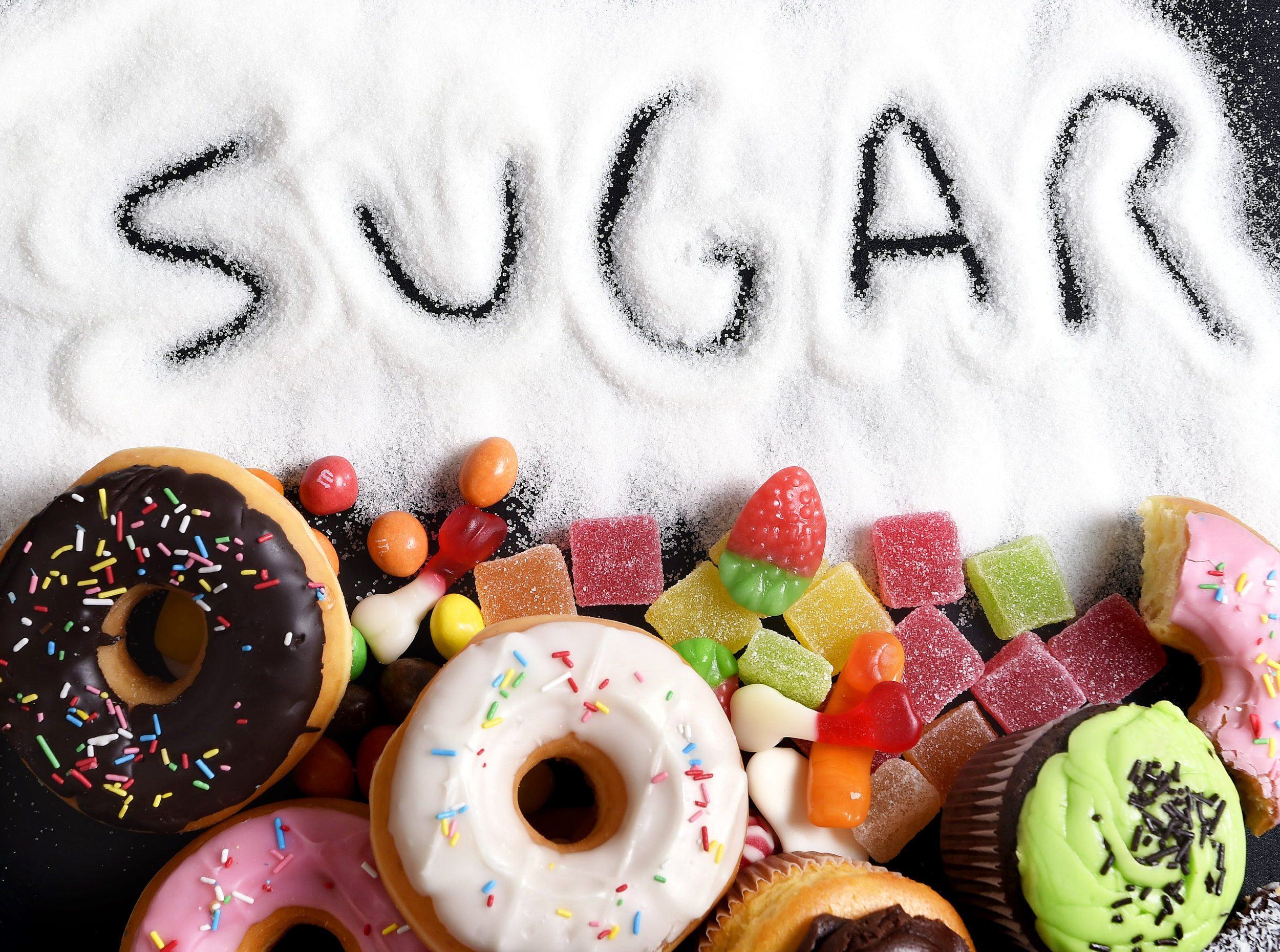The epidemic of obesity in the US has spurred scientific interest in its causes and potential treatments. One distressing result of obesity research is the discovery of numerous similarities between food addiction and drug addiction.
The epidemic of obesity in the US has spurred scientific interest in its causes and potential treatments. One distressing result of obesity research is the discovery of numerous similarities between food addiction and drug addiction. But linking the two has deepened the medical community’s understanding of addiction as a complex disease, regardless of the substance being abused. For anyone still convinced that obesity is a “choice,” take a look below at some specific ways food addiction is similar to drug addiction:
Junk foods flood the brain with dopamine
Certain activities that are hardwired into our brain, such as eating, stimulate the release of dopamine, a highly pleasurable hormone that encourages us to repeat the action for survival. However, sugary and highly-processed foods flood the brain’s reward centers with too much dopamine—cocaine and other powerful drugs do the same thing—programming the brain to want more than what is nutritionally required.
Food addiction involves powerful cravings
Many people confuse food cravings with hunger, but it’s possible to continue craving certain foods even after a satisfying meal. That’s because cravings aren’t related to your body’s need for energy—instead, they’re your brain crying out for a dopamine rush. The obsessive thoughts, impulsive actions, and feeling of distress related to food craving is very similar to those related to drug craving. In fact, MRI scans have shown that the same brain regions are activated in response to cravings for both junk food and drugs.
Food addiction builds up tolerance in the brain
One of the hallmarks of any addiction is tolerance: progressively needing more and more of a certain substance to get the same effect. When the brain’s reward system is repeatedly flooded with dopamine, it responds by reducing the number of receptors as a protective mechanism. And as with drugs, people who are addicted to food often binge-eat in order to get the same dopamine rush.
Abstaining from certain foods can lead to withdrawal
Another key feature of addiction is withdrawal. Addicts experience adverse physical symptoms when they stop ingesting the substance they’re addicted to. In various studies, rats that are made dependent on sugar experience clear withdrawal symptoms, including tremors and teeth chattering, when the sugar is removed from their diet. While withdrawal symptoms from sugar or other junk foods may not be as severe as withdrawal from certain drug, addicts of any substance continue their drug use in order to avoid these symptoms.
Food addicts consume unhealthy food despite knowing the harm
Junk food is not only lacking in nutrition, but it’s also harmful to your health. In addition to obesity, sugars and refined carbohydrates are strongly linked to heart disease, metabolic syndrome, and type 2 diabetes. This common knowledge is not enough to stop a food addict from consuming harmful, non-nutritious foods. Drug addiction is similar in that while it’s also commonly known how harmful drugs are, drug addicts are still unable to control their consumption. Prioritizing cravings over health illustrates the lack of control common in various addictions.
Food addicts deny or hide their problem
Much like drug and alcohol addicts, food addicts often deny they have a problem. And even if they do acknowledge to themselves that they have this problem, they may go so far as to stash junk food around the house, eat extra meals alone, and distance from family and friends in an attempt to hide the addiction from others.
Even after treatment for food addiction, the likelihood of relapse is high
Many drug addicts complete detox, rehab, or other addiction recovery programs more than once because they fail to maintain sobriety for an extended period of time. Food addicts are similarly susceptible to relapse after getting help or trying to quit on their own.
And here is where the two addictions differ: the path to recovery for a drug addict means abstention from drug use, period. But there is no abstaining from food, thus making recovery from food addiction a particularly complex issue. To compound this problem, recovery facilities and programs for drug addiction far outnumber those available for people food addiction. This can leave food addicts without the resources they need to maintain a healthy lifestyle.

